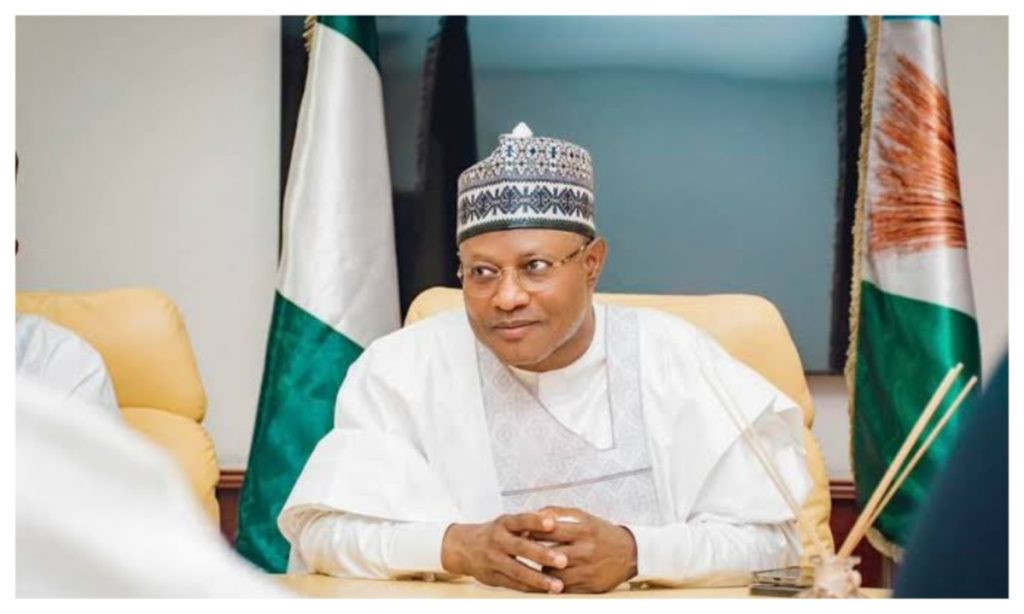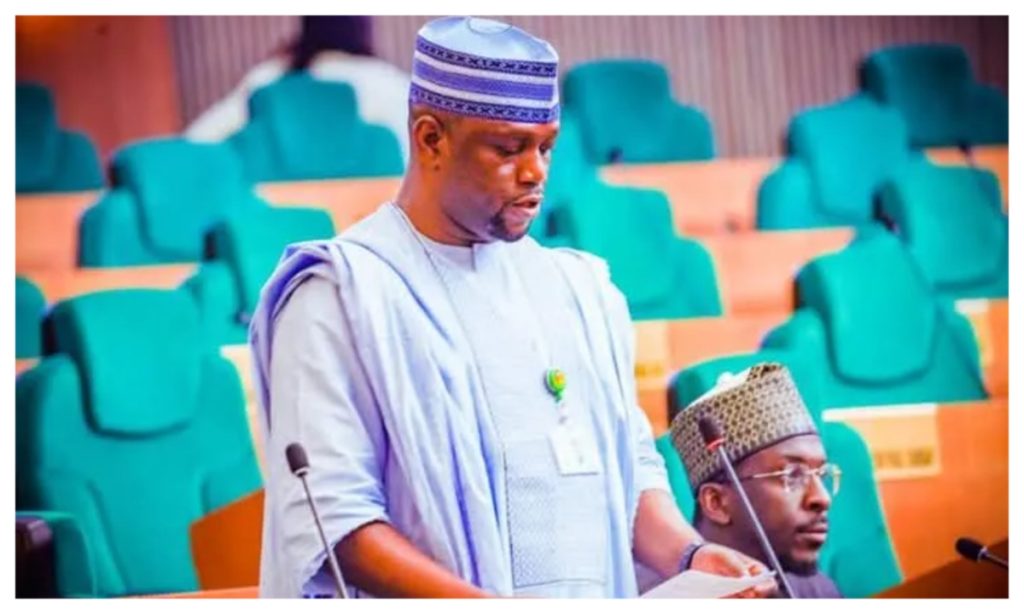In a dramatic shift in US policy towards Syria, President Donald Trump has eased sanctions on the country and ordered a review of the terrorist designation of its new president, Ahmed al-Sharaa. This move comes after Trump’s meeting with al-Sharaa in Riyadh, where they discussed Syria’s reconstruction and potential normalization of relations with Israel. The decision has sparked controversy, with some drawing parallels between al-Sharaa’s rise to power and that of George Washington, the first president of the United States.
According to Thomas Barrack, the US Special Envoy for Syria, the comparison between al-Sharaa and Washington is not entirely unfounded. Barrack pointed out that Washington was a general during the American Revolutionary War, and it took 12 years for him to become the president of a newly independent nation. Similarly, al-Sharaa, who led a coalition of Islamist forces that toppled the previous government of Bashar al-Assad, is now at the helm of a country in need of reconstruction and stability.
The US has maintained targeted sanctions against Assad and his former government, which was deposed late last year by militants led by the Hayat Tahrir al-Sham (HTS). However, Trump’s executive order directs Secretary of State Marco Rubio to review HTS’s designation as a “Foreign Terrorist Organization,” as well as al-Sharaa’s label as a “Specially Designated Global Terrorist.” Washington will also revisit Syria’s status as a “State Sponsor of Terrorism,” a designation first imposed in 1979.
Rubio has previously warned that Syria had become a breeding ground for jihadist groups, including ISIS, and acknowledged that the new Syrian leadership “didn’t pass their background check with the FBI.” Nevertheless, he insisted that the US must support them to prevent wider regional instability. In a recent post, Rubio wrote, “The US is taking further actions to support a Syria that is stable, unified, and at peace with itself and its neighbors.”
The easing of sanctions and potential normalization of relations with Syria marks a significant departure from previous US policy. As the US seeks to support a stable and unified Syria, it remains to be seen how this new approach will play out in the region. One thing is certain, however: the US is taking a calculated risk in supporting a leader with a complex and controversial past, in the hopes of preventing further instability in the region.



